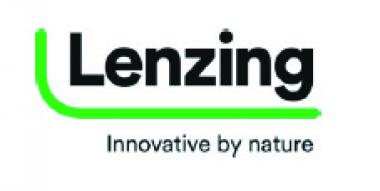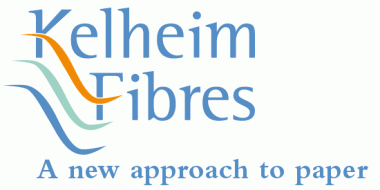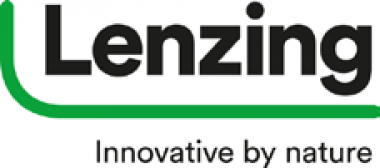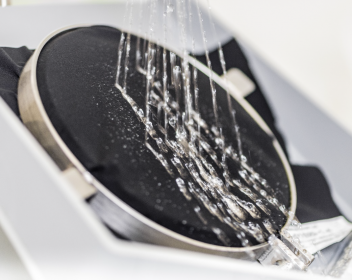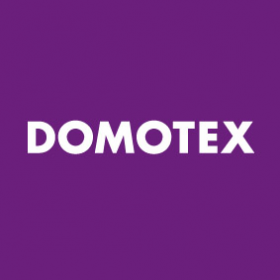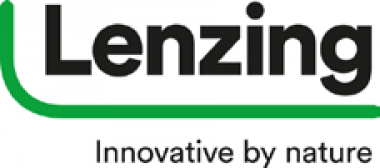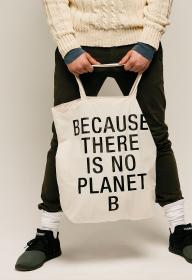CHT Germany GmbH: Sustainable heat for sustainable chemical solutions
- Efficient heat supply of the future reduces environmentally harmful CO2
The heating sector offers a variety of options for the energy turnaround. One of them is district heating. This is an efficient energy source that makes an important contribution to sustainability and climate protection, especially when used within heat and energy-intensive companies. The CHT Group for speciality chemicals has opted to utilise the district heating supplied by the Tübingen public utilities (swt) at its headquarters in Tübingen - and thus reduce CO2 and the use of fossil fuels. This also resulted in the district heating network of the municipal utilities being extended by an additional half kilometre.
Until recently, heating, hot water and various process steam applications within the CHT site in Bismarckstrasse, Tubingen were fed from a central steam generation plant fired by heating oil. Now three of four company buildings are connected to the swt district heating network and the process steam applications have been decentralised. The fourth building has already been equipped with a modern CHP system for many years. In the future, this building will be prepared for district heating. The conversion to district heating supply will be made as soon as the CHP plant has reached the end of its operating life. In order to connect the CHT headquarters to the district heating, the municipal utilities have extended their supply network by around 570 metres during a four-month construction period. The heat now flows through newly installed transfer stations where it is measured, regulated, transferred and finally fed into the buildings' heating circuits.
Dr. Bernhard Hettich, Chief Technical Officer of CHT Germany GmbH: "As a company CHT focuses on worldwide sustainability. This not only includes products but also the sustainable use of resources at the individual locations. At our headquarters in Tübingen, our efforts are directed towards reducing energy consumption and optimising it with regard to renewable energies. With this investment we will continue to reduce CO2 emissions and the consumption of fossil fuels for the energy we consume. As a Tübingen company, we are therefore pleased to be connected to the local district heating network and to be able to use its advantages for the benefit of our sustainability strategy".
High heat demand offers great savings potential
CHT's heat requirements are high as the three buildings already connected require around 1.3 million kilowatt hours of heat per year. With the fourth building included, the heat requirement is even 1.6 million kilowatt hours. With the conversion to district heating CHT saves about 152 tons of CO2 per year. An investment in the district heating connection is therefore an investment in the future, both from an ecological and economic point of view. CHT has invested 180,000 Euro in the district heating connection.
Please read the attached document for more information
CHT Germany GmbH
























